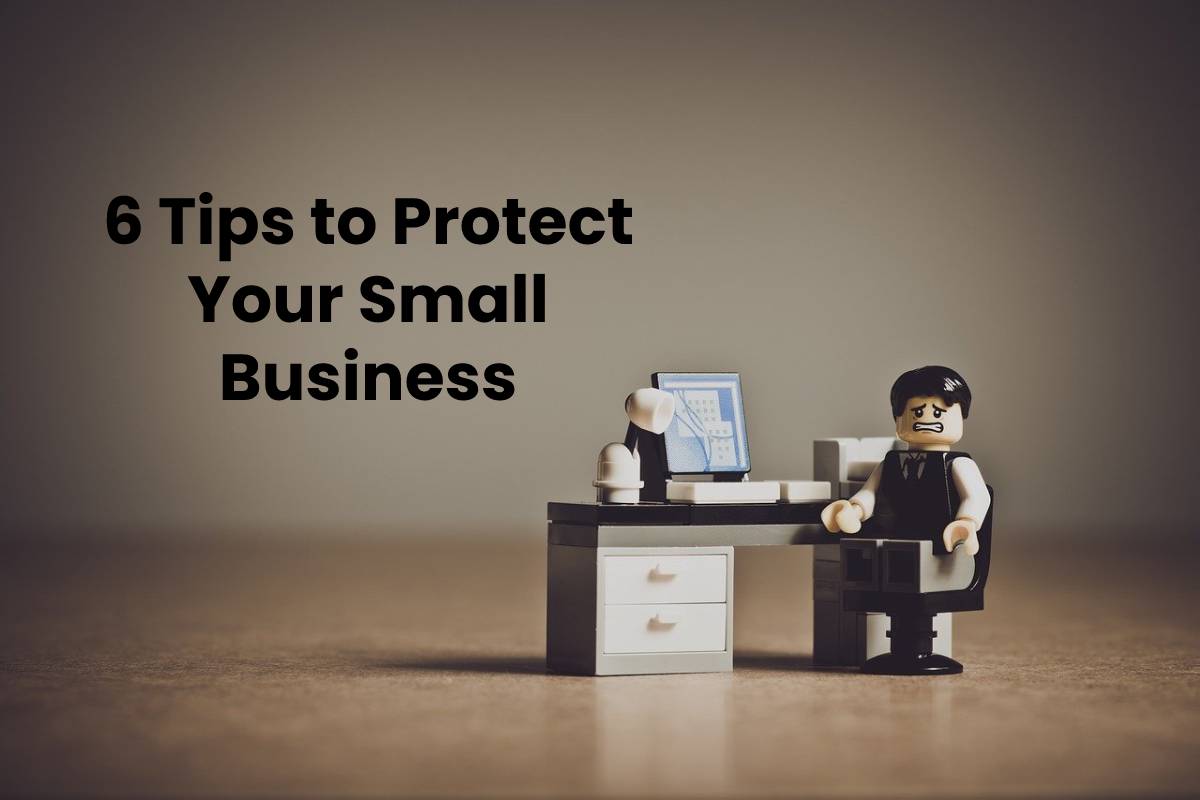Table of Contents
Tips to Protect Your Small Business
Running a business requires round-the-clock work, but while it can be incredibly stressful, the reward of building something with your own hands is incomparable. The prospect of all the hard work and investment being made worthless by a disaster or unexpected turn of events is a difficult one to imagine, so it is essential that you take the necessary steps to protect your organization. For starters, it is often a good idea to incorporate rather than operate as a sole proprietor, as this will protect your personal assets should your business be sued. Once you have incorporated your business, you should consider the following six tips to help you protect your small business.
1. Insure your business
Your business needs to be insured and there are several business insurances to consider. From general liability insurance that will protect you should a customer or supplier get injured on your business premises, or you cause damage to someone else’s property, businesses who provide services should be covered by professional liability insurance, which would cover you if a client were to accuse you or an employee of negligence. You should also insure your premises, and if you have any vehicles, you will need car insurance in Montreal.
2. Stay on top of your bookkeeping and admin
If you are ever in need of financial support or are threatened with legal action,. Your records will become vital to your survival. Be sure to keep all digital and paper files organized and stored securely and back up your files in multiple locations. You should be hiring a professional accountant or bookkeeper to ensure you are compliant with all your tax obligations and are running the business in the most cost-effective way.
3. Cut costs where you can
One of the greatest skills an entrepreneur can master is working out when and where to cut running costs from their operation. The lower you can keep your outgoings, the more profits you will earn. Make a list of all your costs and work through them, deciding where you can cut them completely and where you can reduce them. For example, you may be able to source cheaper raw materials, office supplies, or technology. You should also keep an eye on your use of utilities like energy and water as these costs can be considerable when not monitored.
4. Track return on marketing investments
Running a small business often involves working with tight budgets. Which can mean difficult decisions regarding where to spend your money. Marketing budgets are often the first to go when small businesses are in a pinch. It is not necessarily the best solution in the long run. The key is to track return on investment for your marketing efforts and only continue with the tactics that produce results.
5. Manage your debt – Small Business
Lots of businesses start out in debt and while it can be necessary to facilitate growth and managed with caution. Repaying debt should always be a priority as too much of it can put your business in a precarious position. Strangle your development. A healthy debt to equity ratio can be a sign of a growing and financially savvy organization.
6. Prioritize customer service – Small Business
A poor reputation for customer service can destroy a business. It is essential that you always conduct your business with integrity, honesty, and courtesy. Disgruntled and frustrated customers are quick to voice their opinions. Also advise others to avoid businesses on social media and online review platforms. Listen to all the feedback you receive, learn from it, and take all necessary steps to improve your customer service.



